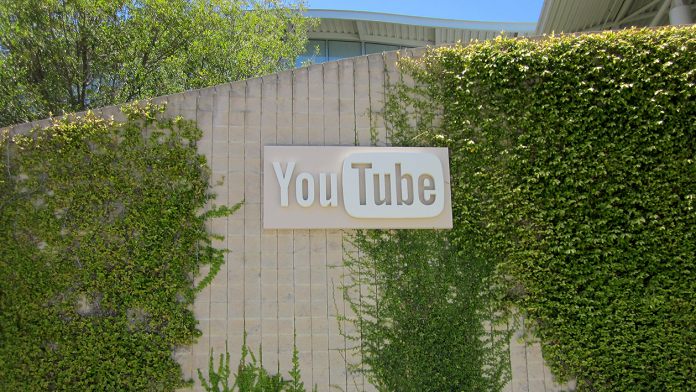Naturally, Google responded, but the crackdown has been slated by content creators. YouTube has completely overhauled its policies, making it difficult for many to make a living on the platform. According to YouTube CEO Susan Wojcicki, 98% of removed extremist content is flagged by machine learning algorithms. It’s helped human reviewers remove up to five times as many videos, and increased efficiency across the board. Still, humans are still the company’s bottleneck, and it plans to increase its staff. According to a blog post, YouTube will increase its content creation team to 10,000 by 2018. As well as this, it plans to bring more experts into the mix. “We are expanding the network of academics, industry groups and subject matter experts who we can learn from and support to help us better understand emerging issues,” said YouTube CEO Susan Wojcicki.
AI Reliance to Grow
Despite this, YouTube only plans to increase its AI content flagging capabilities. The company will train it to detect child safety issues, hate speech, and more. The downside to such a system is a huge lack of transparency, but Google has promised to address that, too. In 2018, there will be a regular report, providing data about which videos were flagged, comments that violate policies, and more. It may add to this with new tools, which are in the early development stages. However, with its new team, YouTube also plans to enforce a much stricter advertising criteria. “We believe this requires a new approach to advertising on YouTube, carefully considering which channels and videos are eligible for advertising,” said Wojcicki “We are planning to apply stricter criteria, conduct more manual curation, while also significantly ramping up our team of ad reviewers to ensure ads are only running where they should. This will also help vetted creators see more stability around their revenue.” For big name creators, it will undoubtedly be a step forward. For smaller ones, it could mean more of a struggle. Despite its numbers, YouTube’s staff can’t look over every small channel, and that could mean inconsistent revenue for those just getting started. Ultimately, it will continue its battle to appease both advertisers and creators, but it’s an increasingly hard balance to strike.




